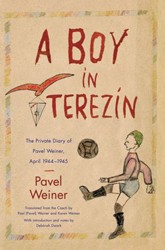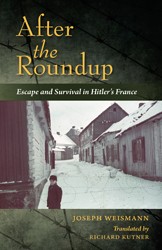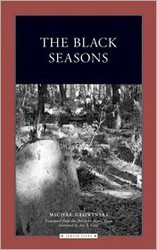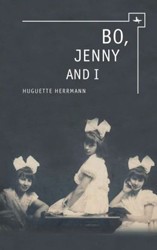By
– October 17, 2011
These accounts are unusual because most of the 33 narrators remained in Poland after the war. Escaping or avoiding the ghetto, they had hidden their Jewish identities in order to survive. To make a decision to hide, a child had to have “good looks” (blond with Polish features), a good accent, contacts on the Aryan side, and financial resources. Acting skills and the ability to assess each situation were essential. A child might even have to act anti-Semitic at times. Some lived with Polish families or in convents under assumed identities. Some went into hiding in camouflaged bunkers in the forests. Others joined partisan groups and actively fought in the Resistance. Two of them experienced concentration camps. All suffered tragic losses. Orphaned in varying degrees from their families and heritage, and remaining in Poland, some were unaware of their Jewish origins until years later. A large portion of the collection deals with the postwar period. The authors’ Jewish identity and experiences during the war not only determined their fate, their physical and mental health, the path they chose in their lives, their choice of partners, but also their relationships with their own children. Often, their Jewish identity was kept even from their closest family. Most belong to the organization “Children of the Holocaust,” and must be under constant psychiatric care. The memoirs confirm the well-known attitude of the Polish people to the Jews. The dominant attitude was aversion or hostility toward those who were being annihilated. There were, however, righteous people who did not hesitate to endanger their own lives and those of their families in order to save a Jewish child, particularly the “Polish nanny” in a Jewish home who hid and fed their beloved Jewish charges. The story of Irena Sendler, as she is known today in the United States, is notable. She is mentioned twice by her Polish surname in the book as finding hiding places and homes for thousands of Jewish children. It does not say that she recorded their names, parentage, etc. in glass jars which she buried under an apple tree for later return to their parents.
Marcia W. Posner, Ph.D., of the Holocaust Memorial and Tolerance Center of Nassau County, is the library and program director. An author and playwright herself, she loves reviewing for JBW and reading all the other reviews and articles in this marvelous periodical.





